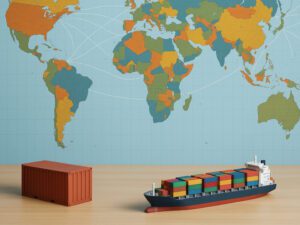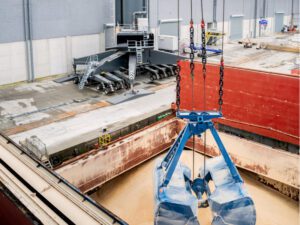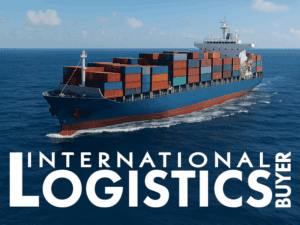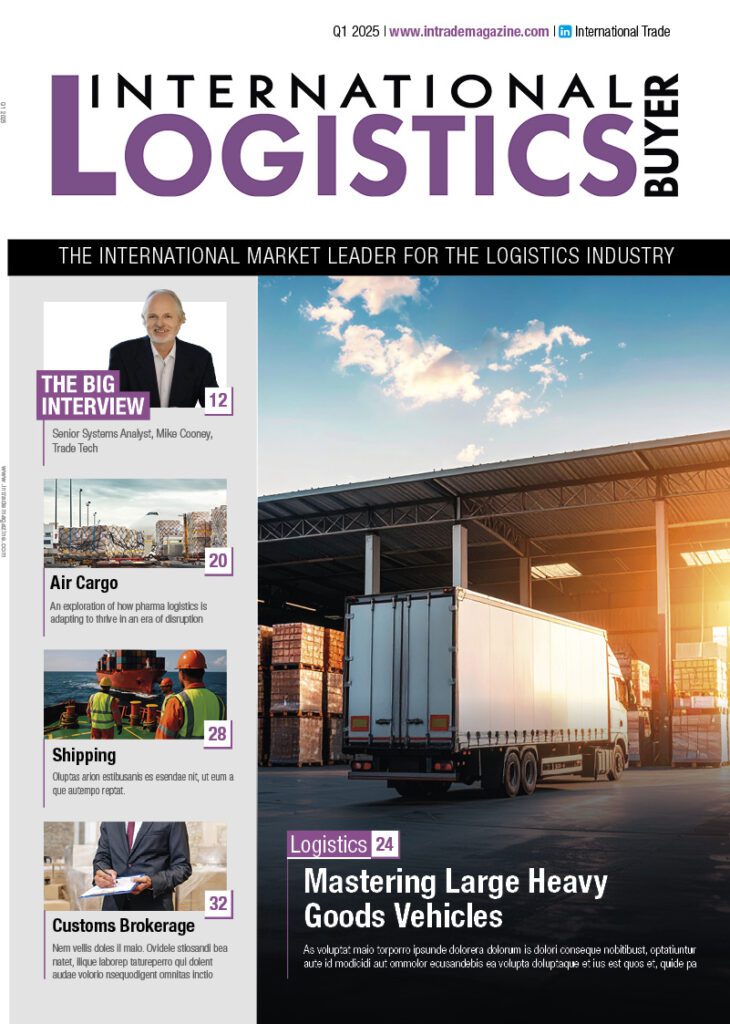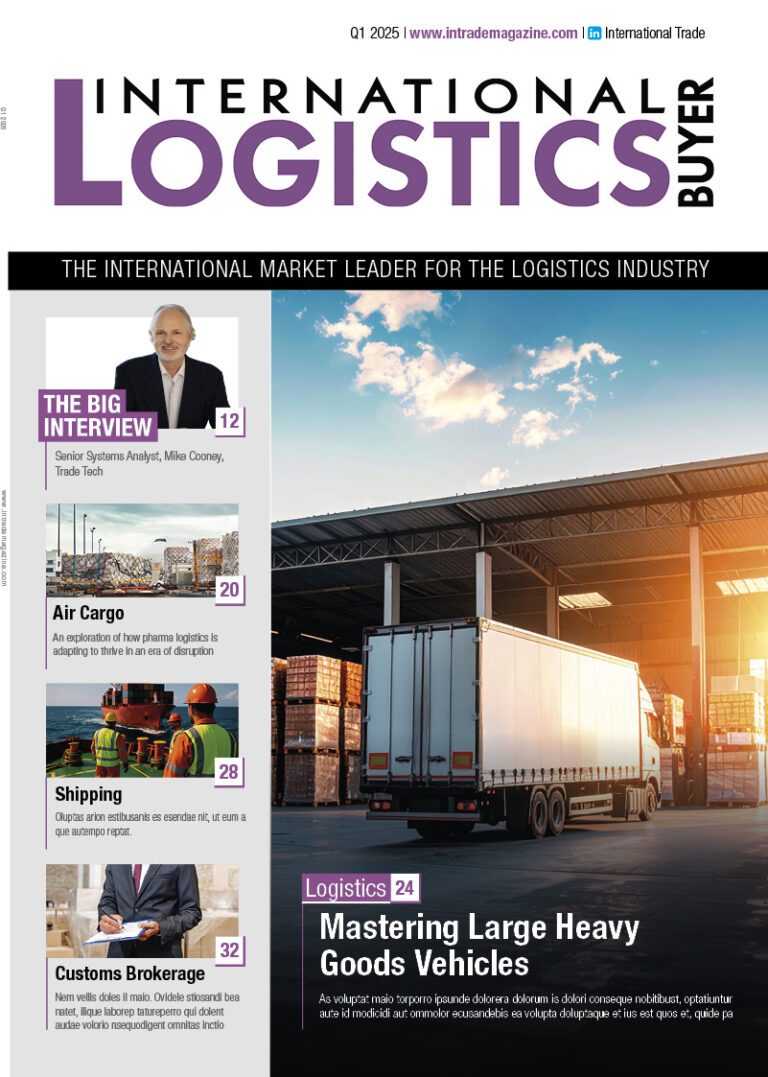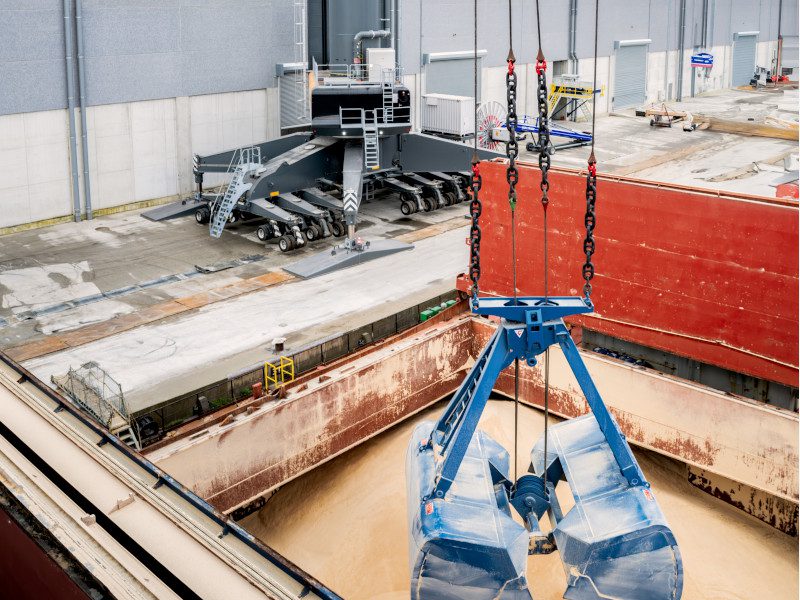The United Kingdom Warehousing Association (UKWA) has welcomed the package of Apprenticeship Levy reforms announced by Phillip Hammond in his Autumn Budget Statement but has warned that the Chancellor’s new digital services tax could have further implications.
Under the new plans unveiled by Mr Hammond in the House of Commons, technology giants will be forced to pay tax on the sales they generate in the UK from April 2020.
On the Apprenticeship Levy, UKWA’s CEO, Peter Ward, commented: “Too many employers in our sector see the Apprenticeship Levy as a cost that they do not realise any benefit from, so the declaration that some SME employers will pay half of what they have been contributing towards the Levy will be welcome news to many companies operating in the logistics industry.
He continued: “To maximise the value that they gain from their contributions, I would urge every company paying into the Apprenticeship Levy to engage in a training programme that up-skills their managers, warehouse operatives, supply chain professionals and customer service teams without delay. The Government will pay 95 per cent of the cost, so it’s an attractive proposition.”
However, Peter Ward was more cautious about the so-called ‘tech tax’.
Ward added: “Companies such as Amazon have been widely criticised for the small amount of tax they pay in the UK and at this stage, the Chancellor is only targeting ‘established tech giants’ rather than start-ups with his new ‘tech tax’.
“UKWA has been aware of rumblings from Westminster for some time that the changing face of retailing and the ongoing decline of the high street, is likely to prompt the Government to introduce new taxes on internet sales.
“UKWA accepts that there is clearly a need for some legacy tax regimes to be re-aligned to societal changes in the digital age, however, as the lines between retail, online fulfillment and logistics become increasingly blurred, we must ensure that the logistics industry – where many companies already operate on extremely thin margins – is not hit with a tax it cannot afford in the future.
“The Association is monitoring the situation closely and will, of course, argue robustly against the imposition of any new taxes that adversely impact on the companies that operate within the logistics services sector.”
UKWA welcomes Chancellor’s Apprenticeship Levy cut but raises concerns over ‘tech tax’
About Logistics Buyer
International Logistics Buyer is the leading authority in global logistics and supply chain content, delivering expert news, in depth articles, exclusive interviews, and industry insights across print, digital, and event platforms. Published 10 times a year, the magazine is a trusted resource for professionals seeking updates and analysis on the latest developments in the logistics sector.
To submit an article, or for sponsorship opportunities, please contact our team below.

Chris Lingham
Group Sales Manager

Afua Akoto
Marketing Manager
Read the Latest Issue
Follow us on LinkedIn
Follow us on LinkedIn
Click HereAdvertise here
Reach decision makers and amplify your marketing

